On December 10, in Seoul, a working meeting of a delegation of analytical centers of Uzbekistan with the president of the Korean Institute of International Economic Policy (KIEP) Heungjong Kim was held.
The delegation was attended by the experts from the Center for Economic Research and Reforms under the Administration of the Republic of Uzbekistan (CERR), the Institute for Strategic and Interregional Research under the President of the Republic of Uzbekistan (ISRS), and the International Institute of Central Asia (IICAS).
At the meeting, the experts discussed the most important aspects of multifaceted trade and economic cooperation between Uzbekistan and the Republic of Korea, the implementation of joint large investment projects, and also exchanged views on promising areas for further deepening the strategic partnership between the two countries.
The head of the Korean Institute was provided with up-to-date information on the priorities for further reforms within the framework of the Development Strategy for New Uzbekistan, as well as the planned steps to deepen regional cooperation in Central Asia and expand interaction with strategic partners, among which the Republic of Korea occupies a special place.
In turn, Hungchjong Kim stressed that the Republic of Uzbekistan is the most important partner of Seoul in Central Asia and at the same time he noted that the state has serious economic potential. The head of KIEP said that Shavkat Mirziyoyev's choice as the first visit to the Republic of Korea, among non-CIS countries after the presidential elections, shows the importance of relations between the two countries.
In recent years, the Uzbek-Korean strategic partnership has acquired a rich and productive character, and regular contacts at the highest level and well-established mechanisms of interstate dialogue have become a solid basis for the parties to enter a new stage of interaction.
Hongjong Kim put forward a number of proposals for further deepening cooperation in such dynamically developing areas as digitalization of processes, a "green" economy, reformatting global supply chains and countering infectious pandemics.
Within the framework of the meeting, special attention was also paid to the consideration of the idea that the building of the interconnectedness of the regions of Central and South Asia, initiated by the head of Uzbekistan, can act as a connecting link in the implementation of the New North and South economic policy of the Republic of Korea. These conceptual programs of the two countries create conditions for synergy of efforts in creating new supply chains and economic corridors.
In addition, representatives of research institutes discussed the results of previously conducted joint scientific work on assessing the effects of Uzbekistan's accession to the WTO on the leading sectors of the economy and strategies of conducting the trade negotiations.
As a result of the meeting, agreements were reached on the continuation of joint work to further strengthen the Uzbek-Korean multifaceted cooperation through scientific and practical activities.
In particular, they discussed possible projects of a bilateral and regional nature in the "5 + 1" format, internship and training programmes of Uzbek researchers at KIEP and mutual publications of analytical articles.

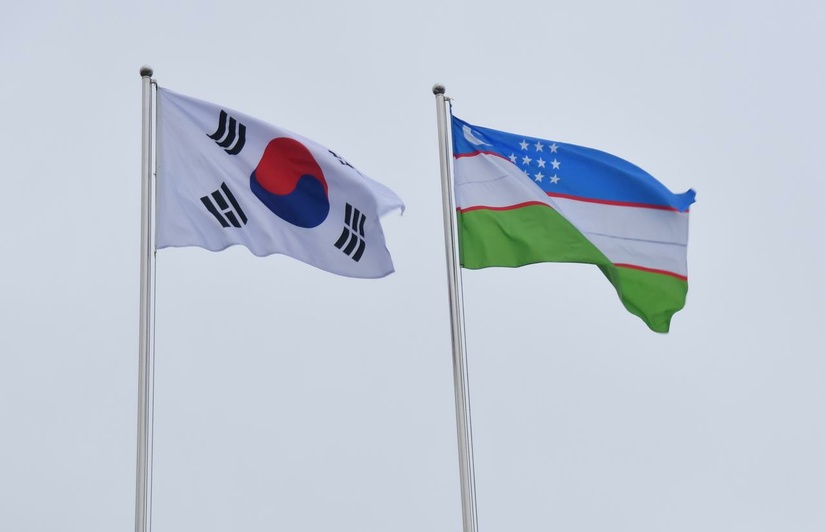
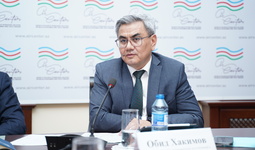
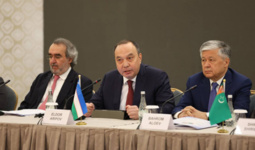
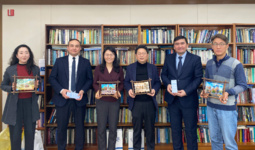


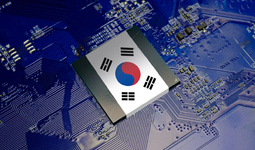













leave a comment